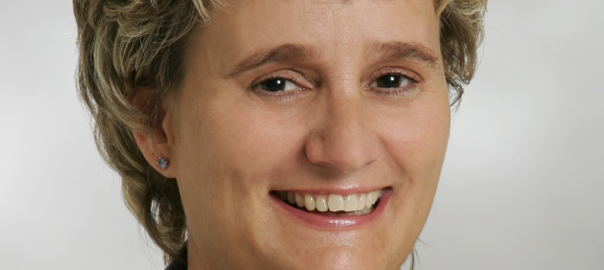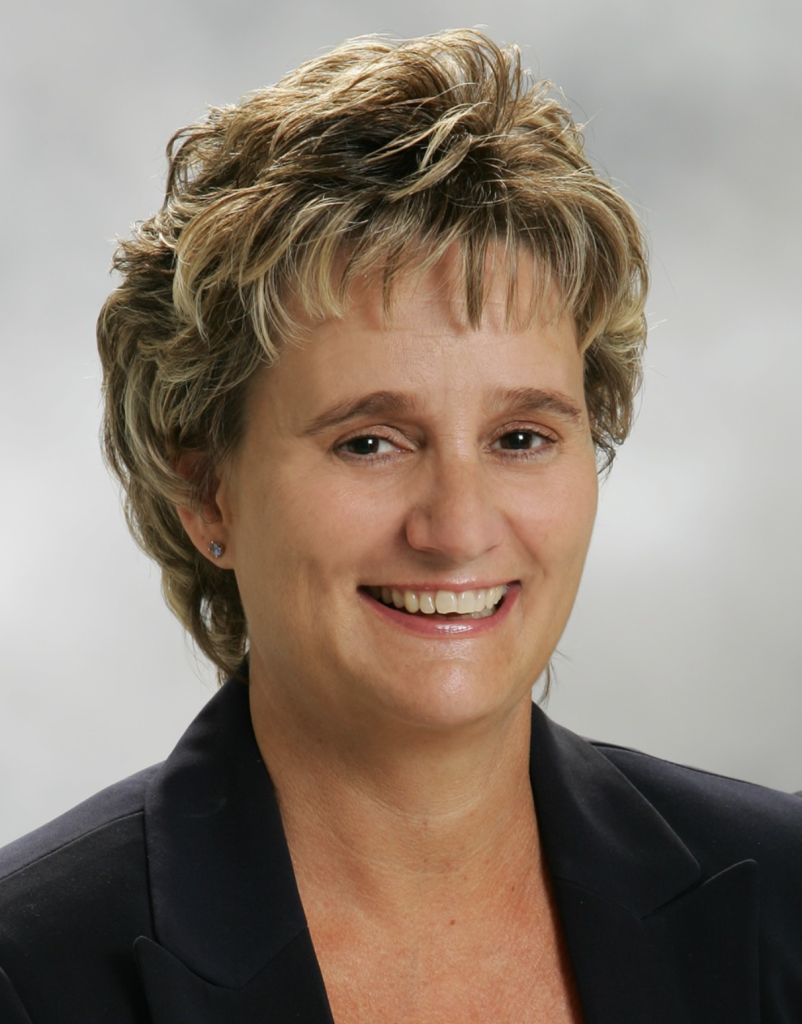
Assisted Living CAN and SHOULD be a Part of the Solution to NY’s Long-Term Care Problems!
Insufficient state financial support for NY’s Assisted Living communities threatens current and future access for thousands of lower income seniors
Assisted Living combines independence, choice, and privacy with personalized supportive care in a congregate home-like setting for seniors. Typically, assisted living residents require some assistance with Activities of Daily Living and ongoing supervision, but don’t need around the clock skilled nursing care.
Across New York State, there are many assisted living options for seniors that have their own financial resources to pay for housing and services provided. In contrast, seniors with little or no financial resources who rely on Medicaid are facing fewer assisted living community options as many providers are being forced to close because of years of systemic underfunding by the state. If Governor Hochul’s proposed 2024-2025 budget were to pass as is, the closings will continue and likely accelerate statewide. Without assisted living a nursing home will be the only option for seniors in need of care and ongoing supervision, even though they don’t need to live in that more clinical, institutional setting.
This not only violates the U.S. Olmstead Act which directs that seniors and persons with disabilities have a right to live and receive services in the most integrated setting appropriate, it is also pennywise and pound foolish. A senior living in a Medicaid-funded Assisted Living Program (ALP) costs NY less than half the cost of that very same person living in a nursing home. Yet the state continues to disinvest in this setting that is significantly more cost effective than other long term care options. The NYS Senate and Assembly must direct more resources to assisted living communities serving residents on Supplemental Security Income (SSI) and/or Medicaid by taking the following actions:
Reform Assisted Living Program (ALP) Reimbursement:
The Medicaid-funded ALP serves seniors who are medically eligible for nursing home care in a more home-like, lower cost setting. When initially enacted, the Medicaid funded ALP rate was supposed to be calculated at 50% of the regional average Skilled Nursing Facility (SNF) reimbursement rate; however, since then, ALP rates have lagged far behind the nursing home rate and remain woefully inadequate. At the same time, all areas of ALP operations have been drastically impacted by inflation causing operational costs to skyrocket, including wage related costs, health insurance, and workers compensation. Given that practically all operational costs have risen significantly, it is becoming almost impossible to deliver all the State-mandated care, so programs are closing their doors. 3,182 low-income Adult Care Facility beds have closed in the last decade. When an ALP closes, residents frequently end up in a nursing home – whether needed or not – at a much higher cost to the State. We’ve already seen two ALP closures in 2023 displacing dozens of residents, with at least several more slated to file a closure plan in 2024.
Last year’s Budget included a modest rate increase for the ALP program, but since the statutory base year for the ALP rate is still 30 years old – 1992 –, it remains too low to support the program. The ALP base year needs to be updated in law from 1992 to 2023 and an additional 13.5% increase to the rate should be provided to sustain facilities until rebasing takes effect to prevent additional facility closures.
Restore the EQUAL Program:
To assist in the operation of those facilities serving primarily lowincome seniors reliant on SSI, the Legislature created a program to help Adult Care Facilities (ACFs) and ALPs make modest quality improvements. The Program is codified in Social Services Law as the Enhancing the Quality of Adult Living program, or EQUAL.
The EQUAL program, which is the only source of State support for ACFs, provides essential support for ACFs to make quality improvements to the physical environment as well as programming for residents that they would otherwise be unable to afford. Through this program, approximately $6.5 million in annual grants are provided to support initiatives to improve residents’ quality of life. Importantly, these monies are only allocated with the approval of the ACF’s Resident Council as required by statute – thus the residents themselves approve and direct the use of these funds. This funding has helped secure facility improvements such as air conditioners, backup generators, computers, new furniture, wellness and nutrition programs, falls prevention programs and social programming for residents.
This year’s Executive Budget proposes to completely repeal the funding and the statutory authority for the EQUAL program. It is shocking and senseless to eliminate this critically important program. We ask both houses of the legislature to restore this funding.
Seniors with their own financial resources have many assisted living options that they can choose from. In contrast, seniors relying on government to help pay for assisted living are facing fewer and fewer options, with sometimes the only option being a nursing home. They deserve better, and with some modest additional support to ACF and ALP providers, an assisted living community will be there if they need it.
About Empire State Association of Assisted Living
Empire State Association of Assisted Living is a not-for-profit organization dedicated to strengthening New York State’s assisted living sector and promoting the best interests of providers and residents. Founded in 1979, ESAAL is the only association that exclusively represents the assisted living industry, serving more than 340 Assisted Living Residences, Adult Homes, Enriched Housing Programs and Assisted Living Programs throughout New York State. These member residences are home to more than 30,000 seniors.
Lisa Newcomb is Executive Director of Empire State Association of Assisted Living.
*sponsored content*

